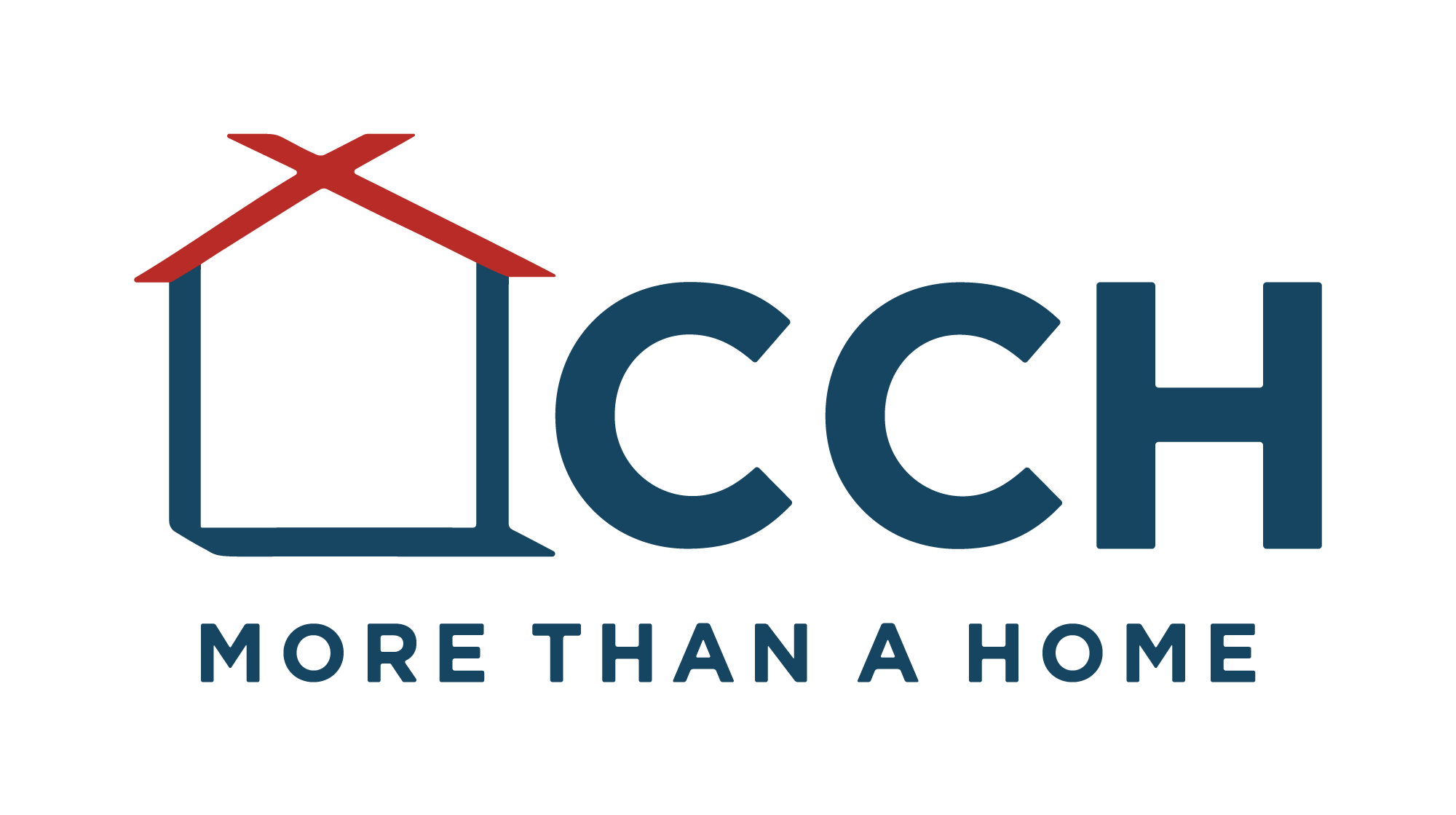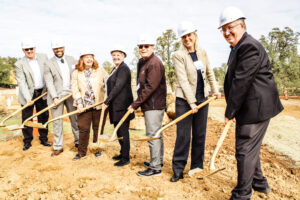
Congress is currently working to finalize its budget reconciliation discussions, which include increased funding levels for affordable housing as part of the House’s $3.5 trillion infrastructure reconciliation package. The proposals include:
- $2.5 billion for the Department of Housing and Urban Development’s (HUD) Section 202 Supportive Housing for the Elderly Program, part of the agency’s flagship program to provide shelter for older adults living on low incomes by adding 37,500 new Section 202 homes to the current supply;
- Additional funding for new service coordinators and the linchpin between residents and access to home and community-based services; and
- Help for states to ensure residents have access to needed community services to be able to age in place.
Proponents espouse the benefits of the proposed affordable housing investment which will mean relief for older Americans who are homeless, stuck on waiting lists for years, or choosing between rent, food and medicine each month.
“Our members have been waiting nearly half a century for this type of market-changing funding,” shares Katie Smith Sloan, president and CEO of LeadingAge. “Should these monies come through, the market will be forever changed—for the better—because of this legislation.”
For multifamily housing, including the Section 202 program, the bill includes $11 million for greening, retrofitting, and preservation. Also in the housing bill are major investments for a variety of HUD and USDA programs, including new Project-Based Rental Assistance Contracts, the National Housing Trust Fund, public housing, the HOME program and vouchers.
“This is the most important moment in a generation for aging services,” Sloan says. “If we are going to succeed in building up this critical part of our care economy, we need innovation, creativity, and even wholesale change. Everyone has a part to play.”
CCH President and CEO Syd Najeeb agrees. “We are at a pivotal point in pushing through legislation which can lead us on a path toward real reform in addressing the substantive and life-altering housing needs of our seniors.”



